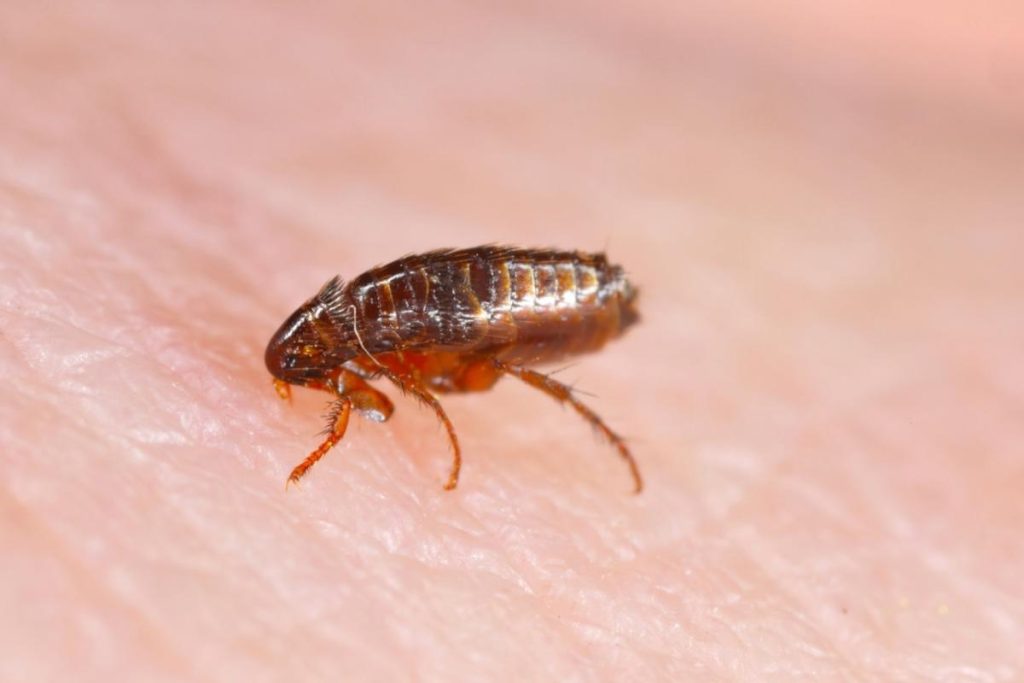Someone infected with plague in Colorado, CNN reportThis rare disease, which claimed the lives of millions in medieval Europe, has been nearly eradicated in humans, but rare cases of human infection still occur, as this recent case shows.
what’s happening?
Also known as the Black Death, the plague is transmitted by flea bites and spreads among wild rodents. According to the World Health Organization, 3,248 cases of plague were reported worldwide between 2010 and 2015, most of which occurred in Peru, the Democratic Republic of Congo, and Madagascar.
As the name “Black Death” suggests, the plague is a very serious disease. Currently, there is no commercially available plague vaccine, but it is treatable if detected early.
“Plague can be successfully treated with antibiotics, but infected individuals must be treated promptly to avoid serious complications and death,” said Alicia Solis, program manager for the Pueblo Department of Public Health and Environment’s Office of Infectious Disease and Emergency Preparedness. Said In a news release.
Why is the spread of flea-borne diseases important?
Global warming has led to the expansion of insect habitats, resulting in a recent increase in vector-borne diseases (diseases spread by insect bites). A scientific studyHowever, this trend also includes the plague.
“The substantial increase in the number of fleas found in prairie dog colonies, as well as the number of flea-infested burrows, could have a major impact on the dynamics of plague in the western United States as the climate warms,” the study predicts.
Other vector-borne diseases that have seen a recent surge include dengue fever, which is spread by mosquitoes, West Nile virus, which is also spread by mosquitoes, and Lyme disease, which is spread by ticks.
Check it out now: Can this concentrate replace all those toxic cleaning chemicals in your home?
What measures are in place against the plague?
Officials advised people to clear areas around their homes where wild rodents might seek shelter, including brush, rock piles, trash and wood piles around homes, garages, sheds and recreation areas, and to treat dogs and cats for fleas, store pet food in rodent-proof containers and not let pets sleep in the bed.
Scientists are also working to develop more sophisticated ways to track populations of these disease-carrying insects so they can take more effective measures, such as using AI to track malaria-carrying mosquitoes in Africa.
participate Free Newsletter Weekly updates on the coolest innovations Improving Lives and Save the planet.


